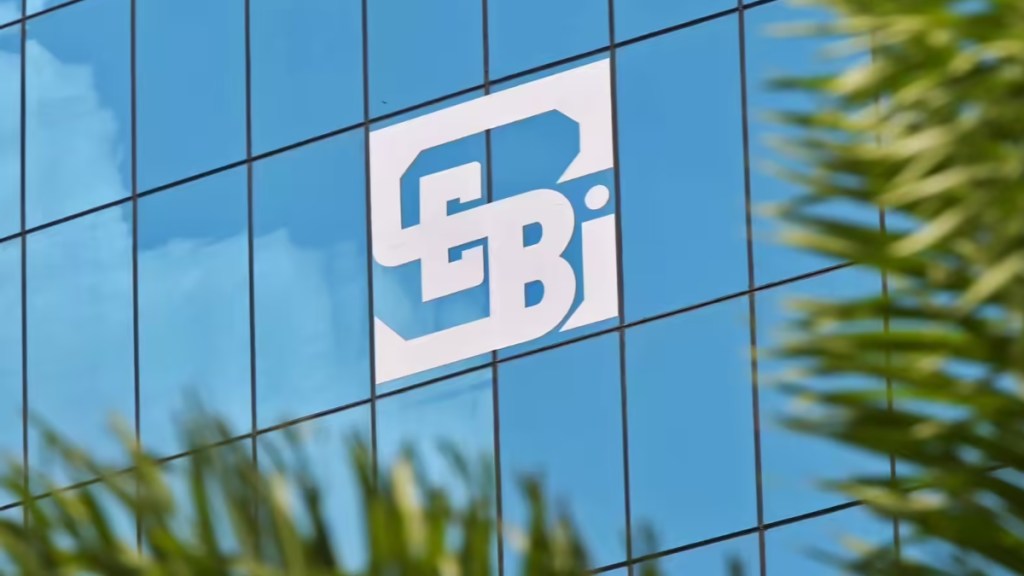At a time, when retail participation in the bond market has been rising at a fast clip, the Securities and Exchange Board of India’s (Sebi) latest release, cautioning against unregistered online bond platform providers (OBPPs) is expected to serve as a wake-up call and put pressure on unregulated players to seek registration.
“Some players outside the OBBP framework are running unregulated platforms to sell bonds, which is not permitted,” said Sanjeev Kumar, Co-CEO- BondVue, a SEBI-registered OBPP.
Regulatory Gap
Kumar’s main worry is that investors lured by returns of 14–15% transfer money through such informal channels may get duped if the trade does not get settled through regulated systems. “These platforms hold the bonds on their books and transfer them directly to buyers, unlike OBBP transactions that settle securely through clearing corporations,” he explained.
The bigger concern is that many platforms advertise higher returns on low-rated bonds without fully disclosing the associated risks, which misleads investors about the true nature of these bonds. For example, a 3-year BBB-rated bond offers a yield of around 10.3%, while an AAA-rated paper of similar tenure offers a yield of 6.7%. For comparison, fixed deposits of the same tenure offer 6.25%-6.60%.
Retail Influx
The market regulator’s warning comes at a time when retail investors are being increasingly lured towards bonds, especially since the stock market’s performance has been tepid during this year. There has been a regulatory push as well to deepen the bond market, with Sebi reducing the minimum investment amount in corporate bonds from Rs 1 lakh to Rs 10,000.
Consequently, the monthly trade volume on the RFQ platform has jumped nearly fourfold in just six months, from 43,167 trades in April to 1,54,751 in October 2025. This translates to a compound monthly growth rate of nearly 24%, signalling increased retail and high-net-worth individual (HNI) participation. According to industry estimates, retail bond distribution now stands at around Rs 1,500 crore a month, up from Rs 500 crore a year ago.
Online bond platforms believe that this is a move in the right direction. According to Arjun Parthasarathy, CEO and Founder of INRBonds, there has been an increased interest from retail investors towards low-rated bonds as they seek higher returns over traditional products. Enhanced transparency and secure settlement through exchanges make investing in higher-yield bonds attractive and accessible, pushing RFQ volume.
“The Sebi circular is actually positive for us. Investors who were earlier transacting on unregistered platforms will now start differentiating. They’ll want to know if the platform they’re using is registered or not. That kind of awareness is good for the ecosystem,” said another founder of an online bond platform.
Another founder of an online bond platform added that there are several unregulated players, both online and offline, who ask investors to transfer money first and promise bond units later – a significant risk.
“Prices, ratings, even what’s being sold can be opaque. Sebi’s move is meant to clean that up by nudging everyone to register and follow proper practices,” he added.
In its release last week, Sebi said that it has observed certain entities, including fintech companies and stock brokers, are offering services like OBPPs without obtaining registration from the stock exchanges. The regulator asked investors to avoid transacting on those unregistered platforms and verify the registration status.
This is the second such warning issued in the year. Earlier in July, stock exchanges in a joint advisory also warned investors about bond trading risks, urging them to assess credit ratings, issuer reliability, liquidity, settlement, and tax factors, and to ensure transactions occur only through registered OBPPs.
The regulator’s move comes as the National Stock Exchange’s (NSE) Request-for-Quote (RFQ) platform continues to see record-high activity each month. The RFQ platform, launched in 2020, allows investors to buy and sell bonds by directly requesting price quotes from multiple registered dealers. The mechanism is part of Sebi’s broader push to shift India’s debt market’s opaque, over-the-counter dealings towards a more transparent digital system.

